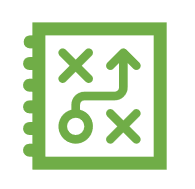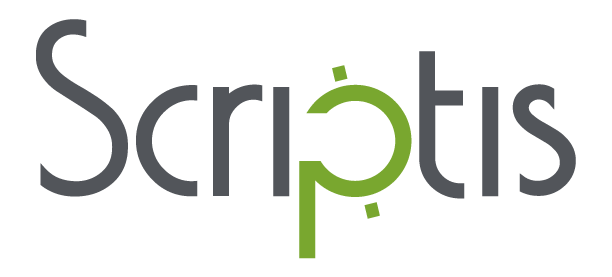Case study: Translation for information technology RFPs

Executive Summary
The Canadian subsidiary of a global IT business (2020 revenue: $39B) came to Scriptis for translations of requests for proposals from English into French. This client had previously relied on one of the top five language service providers listed on the Common Sense Advisory Top 100. However, they began the search for a new language partner because they had become dissatisfied with the translation quality and the reaction time of that provider’s project management team. The client needed to work with a nimble, responsive translation team with deep expertise in information technology. One of the most challenging types of projects Scriptis handles for this client is translation for requests for proposals (RFPs).

The Challenge
A typical RFP for our client is 50K words with a very short turnaround time. On one hand, the translation of the RFP itself does not need to be publication quality. Depending on the language pair and the subject matter, it can be a good candidate for machine translation. However, the client’s response to the RFP needs to be very high quality. This requires tight coordination between the project manager and the translation team members.

Performance
Scriptis’ client-specific translation memories, term bases, and style guide are the key to success with these types of projects. Professional translators use computer-assisted translation (CAT) tools. These present the translatable content in a user-friendly interface. The tools integrate and enforce the use of term bases, ensuring consistent terminology throughout all projects for a particular client. In addition, they create a translation memory (TM): a database of matched source-target segments of text. When a new project contains content that was previously translated and stored in the TM, the CAT tools autocompletes the target translation for that segment. This saves time and money.
Finally, and most importantly, if a segment of text appears multiple times in a source document or set of documents, the phrase will only need to be translated once. After the target translation is entered for that phrase, the tool will replicate it across all the instances of its use. This saves time and money. Also, some RFPs for this client are too large for a single translator to handle. Cloud-based CAT tools allow several translators to work on the same set of documents simultaneously. Then, proofreaders work as sections are completed, instead of waiting for the entire project to be translated.
Of course, CAT tools were also used by the client’s prior translation provider. However, tools by themselves are not enough to make a difference in customer satisfaction. In IT localization, responsiveness is essential. The tight turnaround times of RFPs mean that each day a client waits for a quote is a translation day wasted. Continuity of care also matters. The client always works with the same point of contact and trusts them to understand the details of their translation needs.

Results
The client continues to be pleased that they chose Scriptis as their translation partner, especially for RFPs. Since 2017, the client has quadrupled the volume sent to the Scriptis team.
